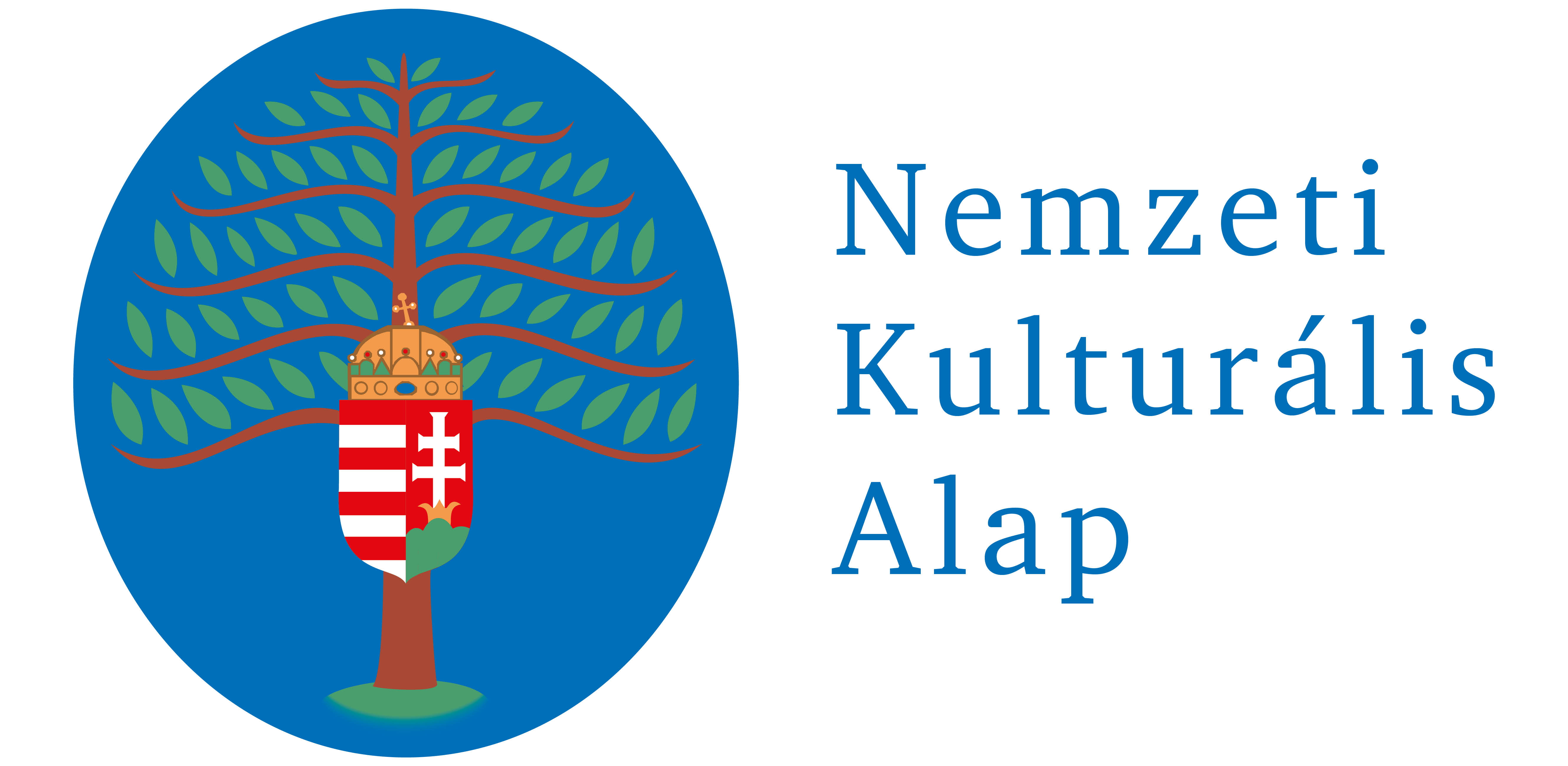Naptár
2024. április 15–19.
2024. április 20.
Eötvös József Kárpát-medencei középiskolai szónokverseny
2024. április 24. – május 3.
Tovább...
1. 2015.
Abstracts in English
Studies
Török, Tímea – Hódi, Ágnes:
The development of morphological awareness, its possible measures, and its relation to reading comprehension
Research into elements of metalinguistic awareness has paid little attention to morphological awareness so far. In Hungary, no comprehensive literature review has been published on this topic yet. The aim of this study is to introduce and systematise international research on morphological awareness. Morphological awareness is the ability to manipulate the smallest meaningful units within a word, i.e. morphemes. Morphological elements appear in speech at the age of two-three but acquiring them consciously can be dated to the school years. Awareness typically appears in operations related to inflections, word formation, and compounding. Its importance can mainly be detected in the fact that the development of this ability influences the performance of both word reading and text comprehension. Its measurement and development is thus justifiable in this country as well.
Király, Flóra
The investigation of turns and turn-taking in classroom context
In functional linguistics, language and language use are phenomena which cannot be interpreted without a speaker. Spoken discourse is thus not a static system of elements and rules but it is operation and functionality. The topic of this study is the investigation of turns and turn-taking in a classroom context from two communication aspects: from the perspective of the teacher and that of the student. The first part of the paper discusses the main results in conversation analysis concerning turns and turn-taking. The next part presents the aims, material, methods and the most important results of a study in discourse analysis. Based on the data, it provides a detailed analysis on the length and structure of turns in classroom, the type and characteristics of sequences, as well as the linguistic and non-linguistic cues of turn taking. Certain phenomena are also demonstrated with specific examples. The paper deals with the applications of these research results in education and it formulates recommendations for further research as well.
Workshop
Gonda, Zsuzsa
The development of reading digital texts with the help of reading strategies
The present study summarizes the general characteristics of reading digital texts and illustrates the concept and process of e-reading with a model. Both first-language and digital competences play an important role in the process of e-reading. In the second part, the study shows reading types applied when processing digital texts and also defines the reading strategies applied with digital texts. It distinguishes two basic reading strategies: text reading strategies which can be applied in processing both printed and digital texts; and digital text reading strategies, which can be implemented exclusively when reading digital texts. The third part of the study presents exercises for the development of the reading comprehension of digital texts, which demonstrate the use of various reading strategies on digital texts.
Kiss, Veronika – Csempesz, Péter – Fejes, József Balázs
Motivation Scholarship Program
Concept and experience of a reading comprehension development mentoring program
This study introduces the concept of the scholarship program ’Motivation’ (Motiváció), the framework of its implementation and summarizes the most important conclusions. This initiative has been launched to develop the text comprehension and the mentoring of students with multiple disadvantages in seventh-eleventh grades. Mentoring tasks have been completed by teacher trainees, students in helping professions, and novice teachers. This piece of writing provides details about why the development of text comprehension is of major importance in the compensation of disadvantages in education. It illustrates with an example how the development was implemented in practice within this program, offering a model to achieve similar projects. Finally, it provides an overview of the possibilities and difficulties of assessing efficiency.
Antalné Szabó, Ágnes
Exercise types for developing and measuring spelling in the light of a spelling contest
In various areas of everyday life, especially in official writing practice and public life, and even in academic life, we all strive to apply the rules of Hungarian orthography with special attention. Also, spelling competence is often necessary for work and when using IT tools. The aim of the Zsigmond Simonyi spelling contest in the Carpathian basin is to strengthen sensitivity to spelling problems and to develop spelling as a communication device. The competition for gifted and talented students provides an opportunity for the best students to compare their orthographic knowledge from year to year. The first part of this study discusses the main types of spelling exercises. The second part provides a selection of over a hundred exercise types, materials of the contest, running for seventeen years, and links them to specific topics in spelling. The key to the quoted exercises is available in the supporting documents attached to this article.














